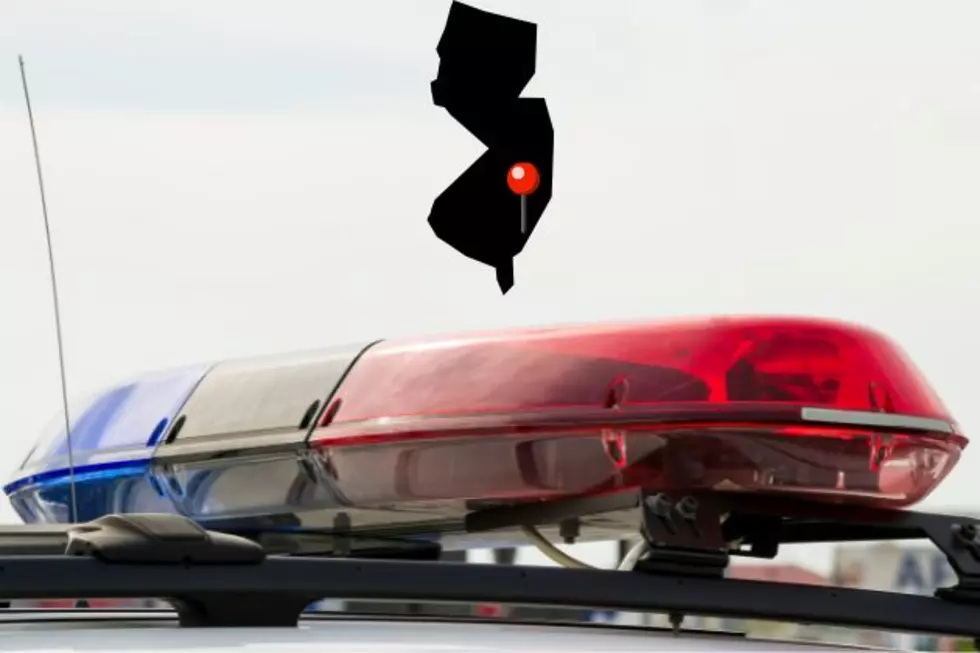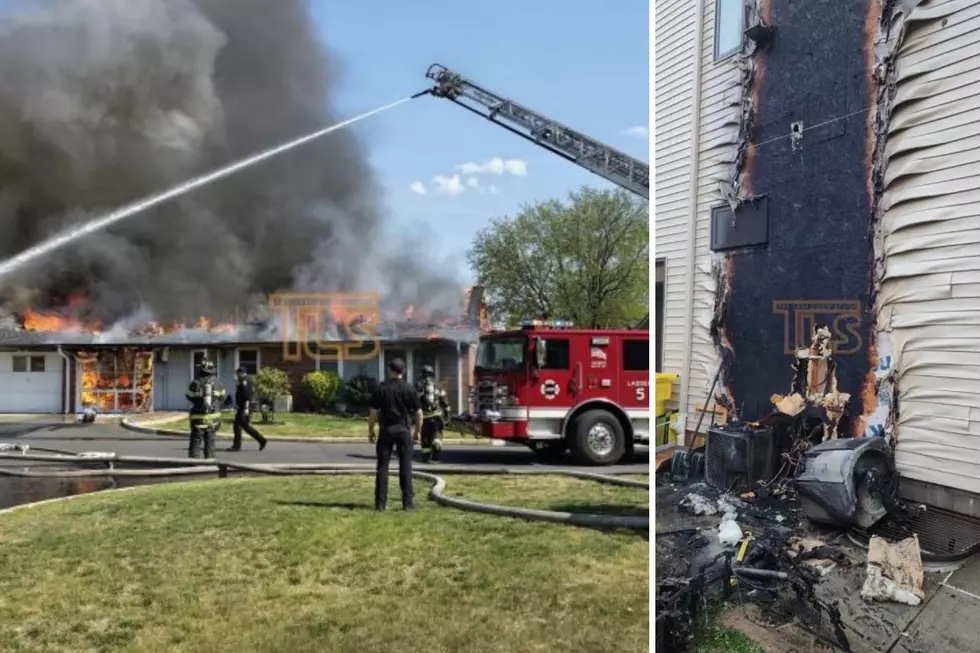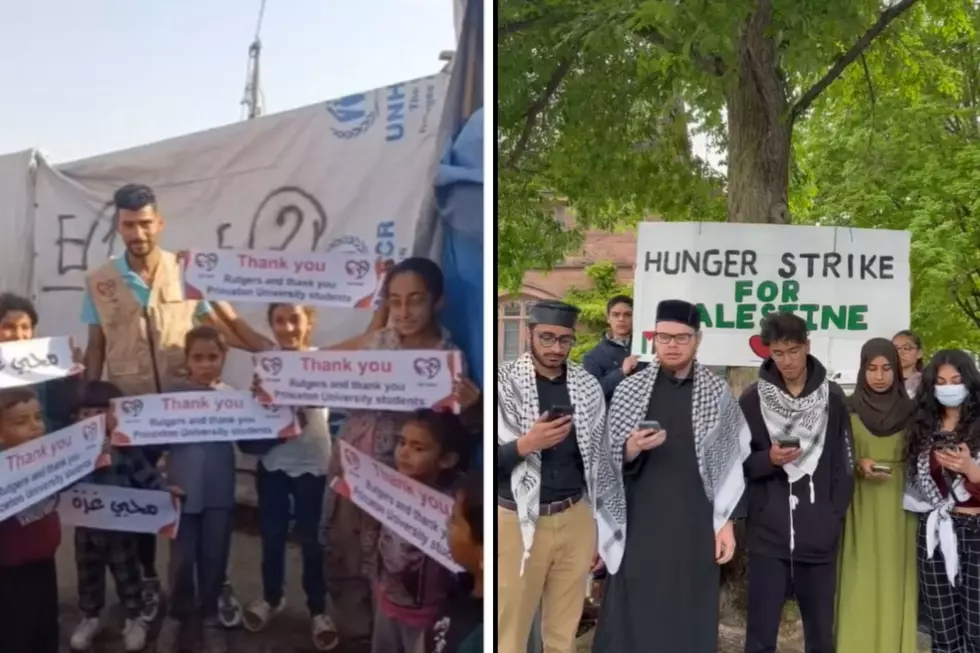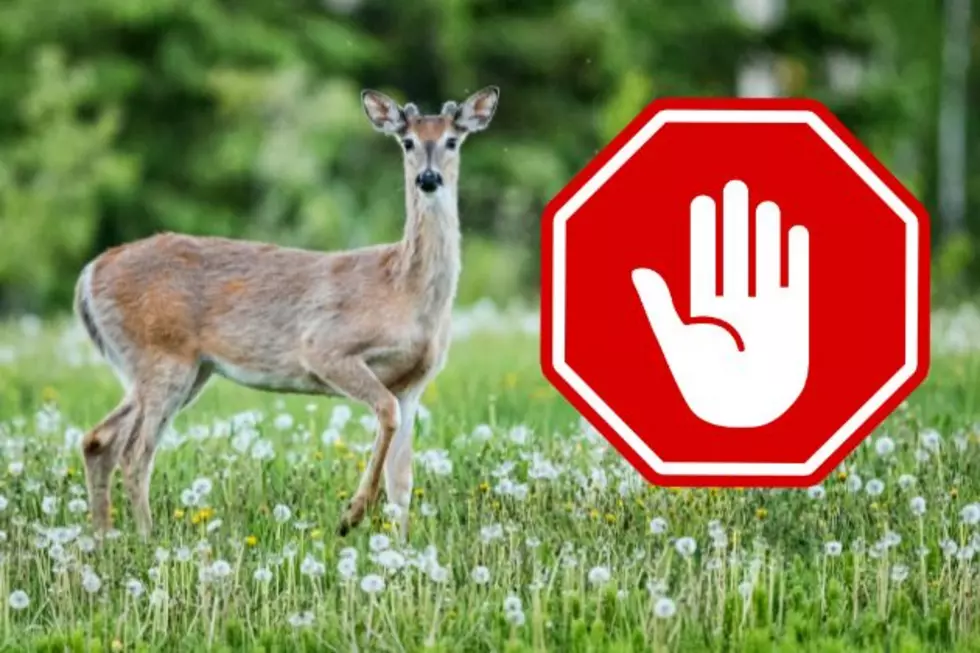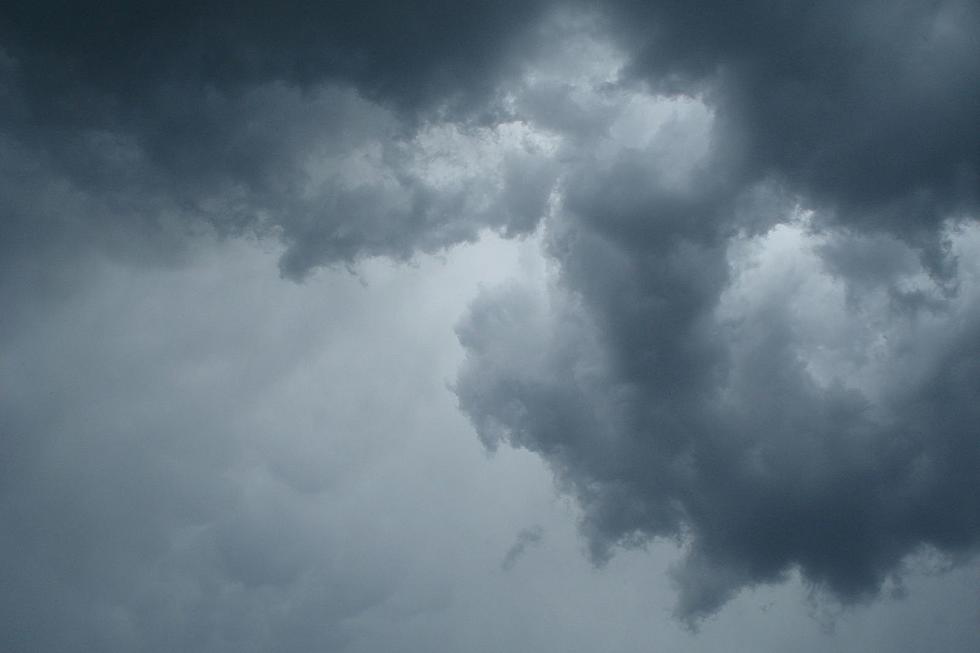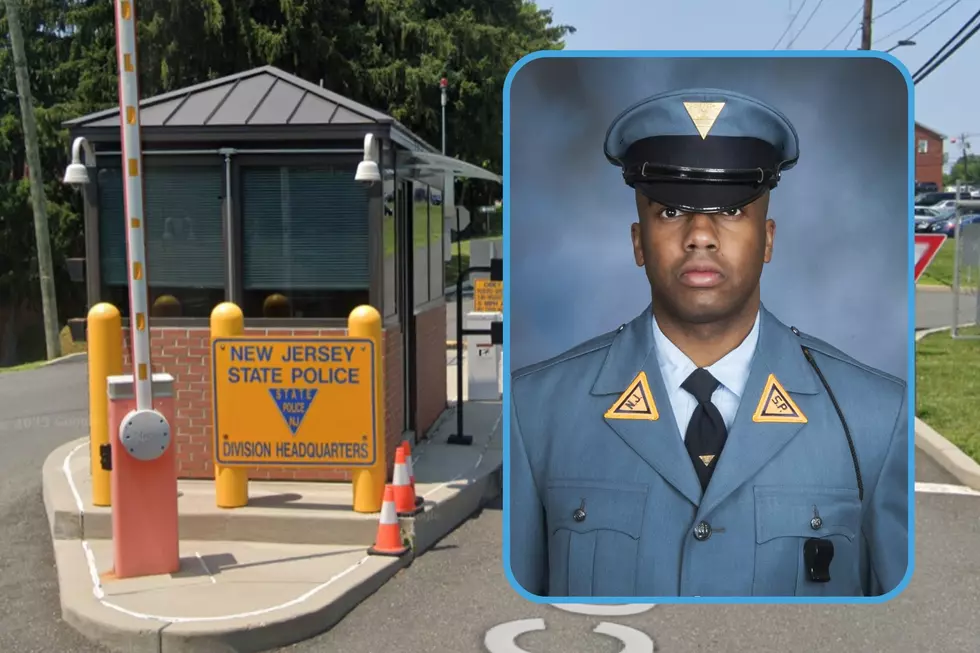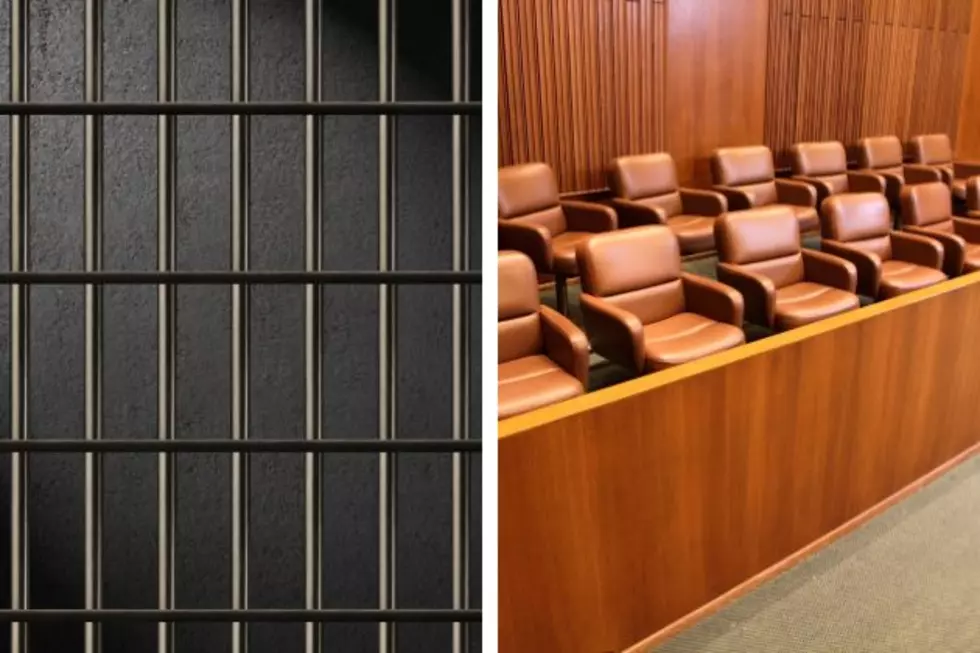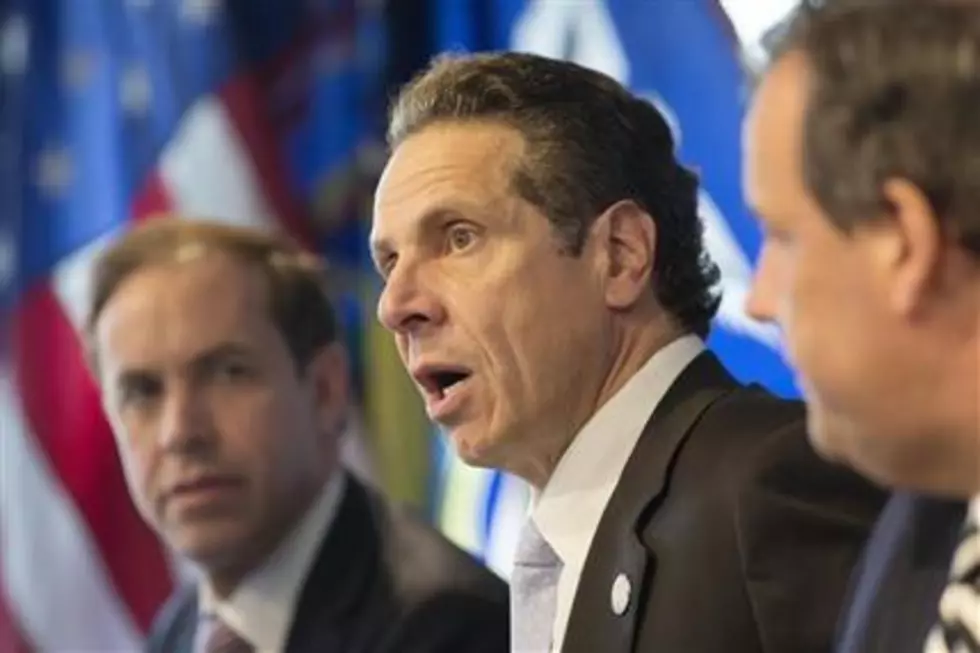
Quarantined nurse criticizes her treatment at Newark airport
NEWARK, N.J. (AP) -- The health care worker who was quarantined at a New Jersey hospital because she had contact with Ebola patients in West Africa is sharply criticizing the way her case has been handled.
Kaci Hickox, the first traveler quarantined under Ebola watches in New Jersey and New York, gave a first-person account to the Dallas Morning News, which was posted on the paper's website Saturday.
The governors of New Jersey and New York on Friday ordered a mandatory, 21-day quarantine for all doctors and other arriving travelers who have had contact with Ebola victims in West Africa.
The move came after a New York City doctor who returned to the U.S. a week ago from treating Ebola victims in Guinea was diagnosed with the lethal disease.
Many New Yorkers and others were dismayed to learn that after he came home, Dr. Craig Spencer rode the subway, took a cab, went bowling, visited a coffee shop and ate at a restaurant.
New Jersey Gov. Chris Christie and New York Gov. Andrew Cuomo said the case led them to conclude that the two states need guidelines more rigorous than those of the U.S. Centers for Disease Control and Prevention, which recommends monitoring exposed people for 21 days but doesn't require quarantine, in which people are kept away from others, either at home or some other place.
"It's too serious a situation to leave it to the honor system of compliance," Cuomo said.
Dr. Howard Zucker, acting New York state health commissioner, said that any medical personnel who have treated Ebola patients in the three Ebola-ravaged West African countries - Sierra Leone, Guinea and Liberia - "will be automatically quarantined."
Cuomo said anyone arriving from the three countries will be questioned at the airport about their contact with Ebola patients.
The two governors said the number of travelers subject to quarantine is unlikely to be large. The two states are home to Kennedy Airport and Newark Liberty in New Jersey, both major international portals.
Hickox said she was stopped at Newark Liberty International and was questioned over several hours after touching down Friday. She said none of those who questioned her would explain what was going on or what would happen to her.
Hickox is a nurse who had been working with Doctors Without Borders in Sierra Leone. Officials said she was taken to a hospital after developing a fever, but Hickox said she was merely flushed because she was upset by the process.
Hickox tested negative for Ebola in a preliminary evaluation. Hospital officials would not say whether she would remain in the hospital for the entire 21-day, state-ordered quarantine period or be moved to another location.
The Ebola watch mandates 21 days of quarantine of medical workers and other airline passengers who have had contact with Ebola victims.
“This is not a situation I would wish on anyone, and I am scared for those who will follow me,” Hickox said of her quarantine. “I am scared about how health care workers will be treated at airports when they declare that they have been fighting Ebola in West Africa. I am scared that, like me, they will arrive and see a frenzy of disorganization, fear and, most frightening, quarantine. … The U.S. must treat returning health care workers with dignity and humanity.”
Udi Ofer, executive director of the American Civil Liberties Union of New Jersey, raised similar concerns about the quarantine. He said New Jersey Gov. Chris Christie must provide more information about how it was determined that mandatory quarantines were medically necessary.
Ofer said the government’s response should not be driven by fear, noting that “forcibly detaining people” can frighten the public and may deter genuinely sick people who fear quarantine from seeking treatments. He also said it could discourage caregivers and first responders from helping sick patients.
“Coercive measures like mandatory quarantine of people exhibiting no symptoms of Ebola and when not medically necessary raise serious constitutional concerns about the state abusing its powers,” Ofer said.
Christie, campaigning Saturday in Iowa for a fellow Republican, said he sympathizes for Hickox but said he has to do what he can to ensure public health safety.
Doctors Without Borders said Hickox was quarantined in an unheated tent at University Hospital in Newark. The group said she was given paper scrubs to wear and was permitted to bring her personal belongings into the tent.
Hickox’s mother, Karen Hickox, said Saturday her daughter probably wasn’t expecting to be quarantined upon her return to the United States, but is dealing with it.
“I spoke with her (Friday and Saturday),” she said. “She was more frustrated (Friday) but there were some tears (Saturday) … If you knew her, she’s a very compassionate person but she doesn’t usually get emotional.”
Spencer's illness led lawmakers on Capitol Hill, scientists and ordinary New Yorkers to wonder why he was out on the town after his return from West Africa - and why stronger steps weren't being taken to quarantine medical workers.
Health officials said he followed U.S. and international protocols in checking his temperature every day and watching for symptoms, and put no one at risk. But others said he should have been quarantined - either voluntarily or by the government - during Ebola's 21-day incubation period.
An automatic three-week quarantine makes sense for anyone "with a clear exposure" to Ebola, said Dr. Richard Wenzel, a Virginia Commonwealth University scientist who formerly led the International Society for Infectious Diseases.
Doctors Without Borders, the group Spencer was working for, said in a statement that that would be going too far. People with Ebola aren't contagious until symptoms begin, and even then it requires close contact with body fluids.
"As long as a returned staff member does not experience any symptoms, normal life can proceed," the organization said in a statement.
Aid organizations also warned that many health care volunteers wouldn't go to Ebola hot zones if they knew they would be confined to their homes for three weeks after they got back.
On the streets of New York, Michael Anderson was critical of the U.S. government and Spencer.
"He's stupid, a complete idiot" for moving about in public, the longtime Manhattan resident said at Grand Central Station. "It's his responsibility when you come back from Africa" not to put people at risk, he said.
In other developments:
- One of the two Dallas nurses who caught Ebola from a patient was declared virus-free and released from a hospital in Bethesda, Maryland. Nina Pham, 26, said she felt "fortunate and blessed to be standing here today." She later met with President Barack Obama at the White House. The other nurse, Amber Vinson, is in an Atlanta hospital, where she was said to "making good progress."
- Millions of doses of two experimental Ebola vaccines could be ready for use in 2015, and five more experimental vaccines will start being tested in March, the World Health Organization said.
- In Mali, which reported its first case this week, authorities warned that many people are in danger because the toddler who brought the disease to the country was bleeding from her nose as she traveled on a bus from Guinea.
Nearly 4,900 people have died in the Ebola outbreak, most of them in Guinea, Liberia and Sierra Leone.
Spencer, a 33-year-old emergency room doctor, returned from Guinea on Oct. 17 and sought treatment Thursday after suffering diarrhea and a 100.3-degree fever. He was listed in stable condition at a special isolation unit at Bellevue Hospital Center, and a decontamination company was sent to his Harlem home. His fiancee, who was not showing symptoms, was being watched in a quarantine ward at Bellevue.
The idea of broader quarantine is a topic "actively being discussed. It's going to be something that will be discussed at federal level," said Dr. Mary Bassett, New York City's health commissioner.
Lawmakers from both parties criticized the federal government's Ebola response.
Rep. Stephen Lynch, D-Mass., said anyone coming from West Africa should be quarantined for 21 days abroad before even boarding a plane to this country.
"This can't just be about ideology and happy talk," Lynch said. "We need to be very deliberate, take it much more seriously than I'm hearing today."
The World Health Organization is not recommending the quarantine of returning aid workers without symptoms, according to spokeswoman Sona Bari.
"Health care workers are generally self-monitoring and are aware of the need to report any symptoms, as this patient did," she wrote in an email.
Bruce Johnson, president of SIM USA, a Christian organization based in North Carolina, said its staffers are told to follow guidelines established by the federal Centers for Disease Control and Prevention for their first 21 days in the U.S. Beyond that, he said, they are told to avoid crowded public areas.
Johnson said his staff members would not be deterred from serving in Ebola-stricken countries if they were required to remain isolated in their homes for 21 days upon their return. But such measures could discourage volunteers, he said.
Nurses, doctors and others who hold down regular jobs back home would say, "I want to go over and help for a month, but now you're telling me that when I get back I can't go to work for 21 days?" Johnson said. "Yes, I think that will dampen the generous spirit of people in the U.S. who want to go help."
Johnson was echoed by Dr. Rick Sacra, a Massachusetts physician who was infected with Ebola while doing medical aid work in Liberia. He was evacuated to a specialized treatment center in Nebraska, recovered and was released last month.
"A three-week complete quarantine would eliminate two-thirds to three-quarters of the volunteers from the U.S." going to West Africa, he said. "They wouldn't be able to spare the time."
Samaritan's Purse, a Christian relief organization based in North Carolina, said that its returning aid workers spend three weeks quarantined in a "safe house," where their temperatures are monitored.
They can go out for things like a walk in the park or a visit to the drive-thru of a fast-food restaurant, but are asked to stay away from crowds and are isolated from their families, said Franklin Graham, president of the organization.
Graham said the federal government should rent out a hotel - perhaps one in the Caribbean, to ease public fears - and then staff it with doctors and quarantine all returning health care workers there for three weeks.
"They can sit by the pool and eat hamburgers," Graham said. "I would call it a country club quarantine and let them just relax and cool their heels. ... It's an inconvenience, but it is not a hardship."
© 2014 The Associated Press. All rights reserved. This material may not be published, broadcast, rewritten or redistributed. Learn more about our Privacy Policy and Terms of Use.
Here is the text of statements issued by the two governors:
"Since taking office, I have erred on the side of caution when it comes to the safety and protection of New Yorkers, and the current situation regarding Ebola will be no different,” said Governor Cuomo. “The steps New York and New Jersey are taking today will strengthen our safeguards to protect our residents against this disease and help ensure those that may be infected by Ebola are treated with the highest precautions. I want to thank Governor Christie and his team for their spirit of partnership. This is an evolving situation but one that tests the ability of government to perform and as we have done in the past when facing similar challenges, we will do whatever is needed to put the health and safety of the people first."
“I have been clear that we will take whatever steps are necessary to protect the public health of the people of New Jersey which is exactly what these joint efforts with Governor Cuomo will do with additional screening and heightened standards for quarantine,” said Governor Christie. “By demanding these enhanced measures, we are ensuring that any suspected cases are identified quickly and effectively, and that proper safeguards are executed.”
MORE COVERAGE:
More From New Jersey 101.5 FM
